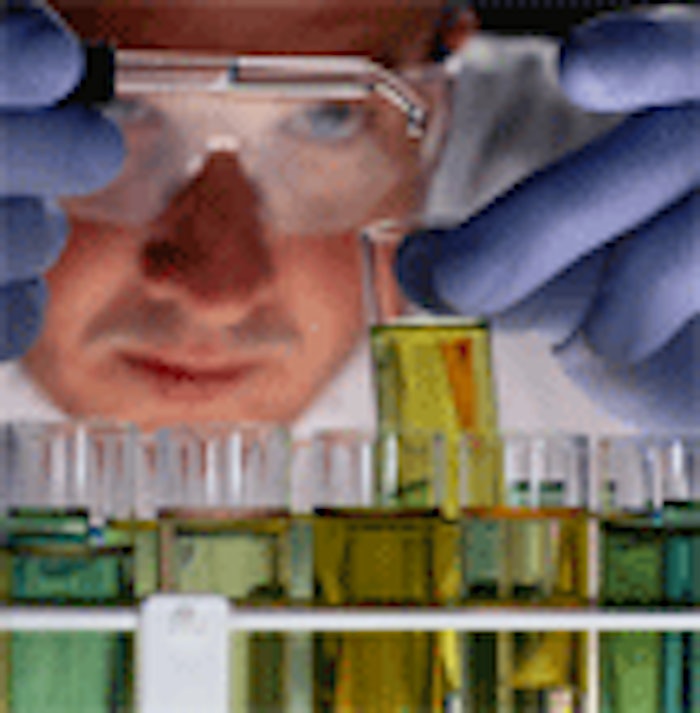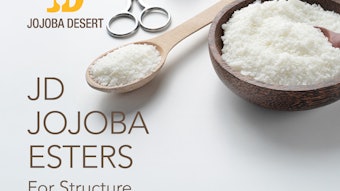
A new technology featured by www.Yet2.com describes a small group of anti-fungal proteins derived from bacteria that cause plants to resist viruses, bacteria, fungi and nematodes. Microbial factor (MF) 2 and 3 are the subjects of over 21 years of development, according to the Web site. The proteins reportedly were purified and identified as anti-freeze protein and prolyl-cis-trans-isomerase. Only a part of the genetic sequence is necessary to induce resistance in the plants; the active components either can be sprayed on plants or expressed in tiny amounts in transgenic plants.
They have been tested in lab-scale greenhouses as well as in practical field experiments using various agricultural crop plants such as potato, wheat, rice, rape (canola), cabbage and tobacco. Chemical protection of plants against microbial pathogens and pests often is effective but destroys nature’s own control mechanisms, leading to soil pollution and requiring higher and higher amounts of expensive chemicals. Therefore, a persistent search was undertaken for natural plant protectants (biocontrol biopesticides).
Transgenic plants commonly are effective only against one or a very limited number of pests, but during different seasons and years, different pests prevail. Farmers are not ready to invest against uncertain loss of a crop. MF2 and MF3 were designed to create a common resistance in plants against pathogens. This invention reportedly is unique for a general solution to plant protection. The protection mechanism of MF2 and MF3 is the increase of general resistance of plants against different pathogens (viruses, bacteria and fungi). This, according to the report, is the single known solution to the problems of the seasonal unpredictable alternation of pathogens.
Due to the systemic mechanism of induced resistance, the resistance due to MF2 and MF3 spreads to the whole plant if even a small part of the plant is treated. Protein (or its active parts) produced by microbial fermentation can be sprayed onto plants or the resistance can be acquired by production of MF2 and/or MF3 directly in transgenic plants. The transgenic plants have the same appearance as normal plants and grow at similar rates as normal plants. After a single treatment with the protein solution in field trials, induced resistance remained effective not less than three weeks. This can usually cover the period of high infection risk. The novel technology claims to be economical and ecologically safe.










